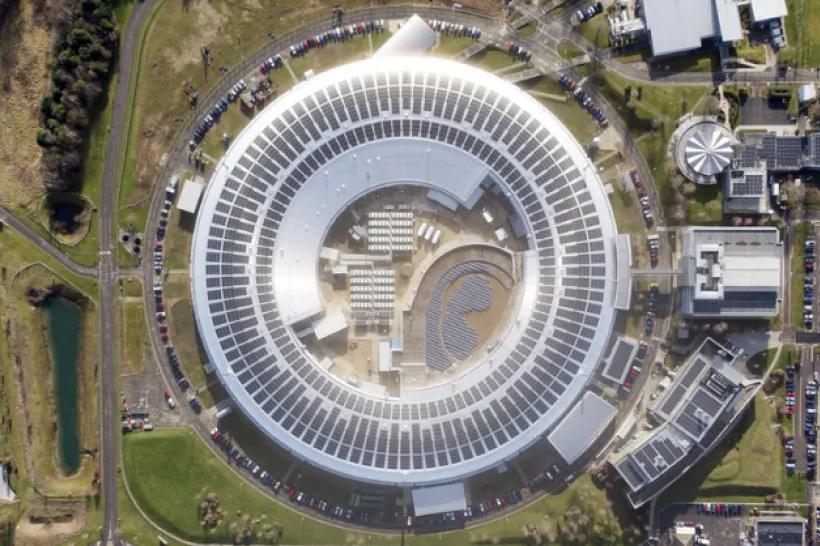News
From brain drain to brain gain: The first three Dioscuri Centres open in the Czech Republic
May 1st 2024 marked the 20th anniversary of the Czech Republic joining the European Union (EU). The past 20 years have profoundly changed the Czech research landscape, German-Czech research cooperation and the European Research Area. “Science has greatly benefitted from the possibilities that Europe offers during the last decades. Mobility is a striking example, funding opportunities are another,” says Max Planck President Patrick Cramer at the opening ceremony for the first three Dioscuri Centres in the Czech Republic on 17 May 2024.
Czech physicist Jakub Vícha's method helps determine what cosmic rays consist of
The highest energy cosmic ray particles are likely to penetrate much deeper into the atmosphere than previously thought. The incoming particles are therefore likely to be much heavier. New and fundamental insights emerge from a method that generalises the approach to predicting models of cosmic particle collisions with the Earth's atmosphere. The accuracy of Jakub Vícha's method has been confirmed by hundreds of international scientists at the Pierre Auger Observatory, as shown in a study published these days in Physical Review D.
From Theory to Reality: X-rays Reveal the Unexplored Magnetic Domains
Theoretical interpretation often steps into the spotlight first once breakthrough experiments have been finished. A much more exciting situation, especially in the realm of spectral properties of magnetic materials, is when a theoretical prediction persuades researchers to undertake a specific measurement approach, and subsequently, the collected data align precisely with the prediction. Research that resulted in a paper published last week in Physical Review Letters, where an international team reported that the way light is absorbed by a magnetic substance varies according to its state of polarization, followed just this less common line of development.



